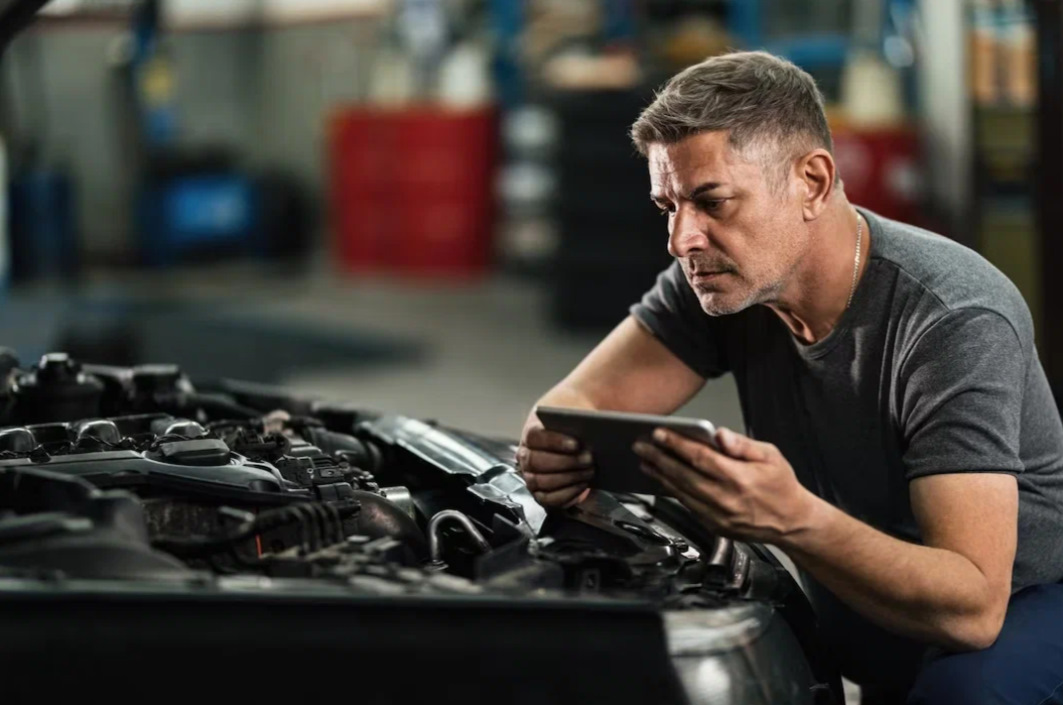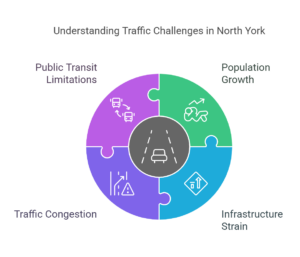Congrats on your license! As a new driver, you’re likely thinking a lot about driving itself. But knowing how to take care of your car is also super important for your safety and keeping your car running well for a long time. Ignoring simple checks can lead to problems when you least expect them and cost you a lot to fix. To help you out, Premium Choice Driving School has put together ten easy car maintenance tips that every new driver should know.
1. Check Your Tire Air Every Month
Your tires touch the road, so keeping the right amount of air in them is key. Tires with too little air can make your car handle poorly, use more gas, and even blow out. Get a simple tire pressure tool and check each tire (and the spare, if you have one) at least once a month and before you go on long trips. The right air pressure (called PSI) is usually on a sticker inside the driver’s side door or in your car’s manual.
2. Learn to Check Your Car’s Liquids
Your car uses different liquids to work right. Regularly check your engine oil, coolant (which stops overheating), brake fluid, power steering fluid (for easy turning), and windshield washer fluid. If these get too low, it could mean leaks or that your car is using too much, which can cause big problems. Learn where the sticks and containers for each liquid are and how to add more if you need to. Always check your car’s manual to use the right kinds of liquids.
3. Make Sure All Your Lights Work
Being able to see and be seen is a big part of driving safely. Regularly check all your car’s lights – headlights (both bright and dim), taillights, brake lights, turn signals, and hazard lights. Just walk around your car to see if any bulbs are out. Changing them quickly helps other drivers see you, especially when it’s dark or the weather is bad.
4. Listen to Your Brakes Carefully
Your brakes are one of the most important things keeping you safe. Pay attention to any strange noises like squeaks, scrapes, or clicks when you press the brake pedal. Also, notice if the pedal feels soft or goes down too far. These could mean your brake pads are worn, the rotors (the discs the pads squeeze) are bad, or your brake fluid is low. You need to get these checked by a professional right away.
5. Keep Your Windshield Wipers and Washer Fluid Ready
Don’t forget how important it is to see clearly, especially when it’s raining, snowing, or dusty. Regularly check your wiper blades for cracks or wear and change them when they start to leave streaks. Always keep your windshield washer fluid full so you can easily clean your windshield.
6. Check Your Car Battery Sometimes
Your car battery gives the power to start your engine and run things like your radio. Look at the battery connections for any white or blue stuff (corrosion) and clean it off with a wire brush if you see it. Make sure the wires connected to the battery are tight. If your car starts slowly or your battery is more than three years old, think about getting it tested by a professional.
7. Know What Your Dashboard Lights Mean
The lights on your dashboard are your car’s way of telling you if something is wrong. Learn what the common ones mean, like the “check engine” light, the oil pressure light, and the battery light. If any of these turn on, don’t ignore them. Look in your car’s manual to understand the problem and do what it says, which might mean taking your car to a mechanic.
8. Follow Your Car’s Service Plan
The company that made your car has a plan in your owner’s manual that tells you when to do things like change the oil and filters and get bigger checks. Following this plan is really important for keeping your car running well and stopping bigger problems later on.
9. Learn Basic Things for Emergencies
While not exactly car care, knowing what to do in an emergency can really help. This includes knowing how to change a flat tire, jump-start your car if the battery dies, and use your hazard lights. Keep a basic emergency kit in your car with a spare tire (if you have one), a jack, a tool to take off lug nuts, jumper cables, a flashlight, and a first-aid kit.
10. Don’t Be Afraid to Ask for Help
As a new driver, you don’t have to know everything about cars. If you’re not sure about something, it’s always best to ask a professional mechanic for help. Regular check-ups and getting your car serviced when needed can catch small problems early and keep your car safe and working well. By following these ten easy car care tips, new drivers can feel more confident about looking after their cars and make sure they have a safer time on the road. Remember, taking care of your car is part of being a good driver. At Premium Choice Driving School, we teach you how to drive safely, and that includes knowing how to keep your car in good shape. Drive safe!





